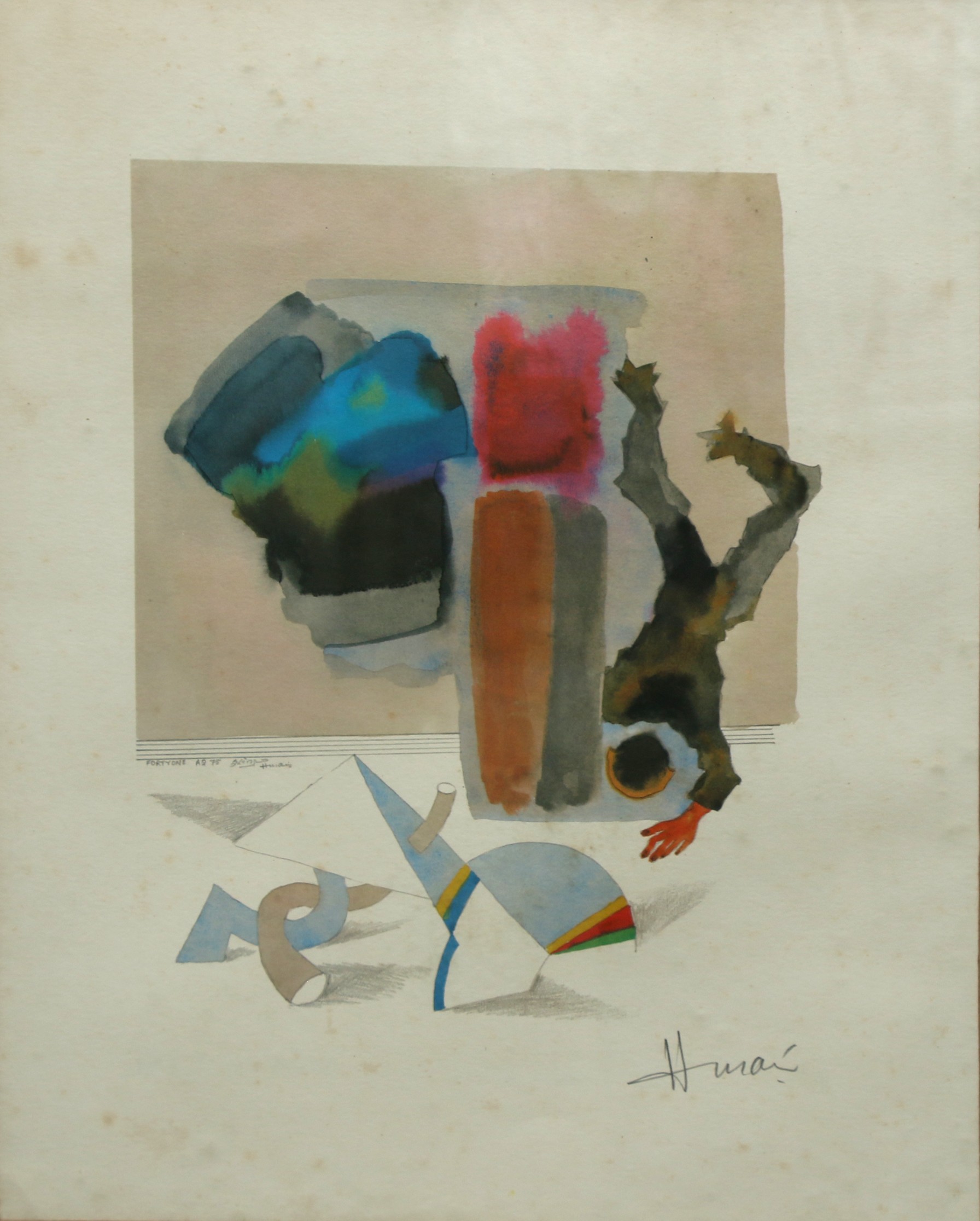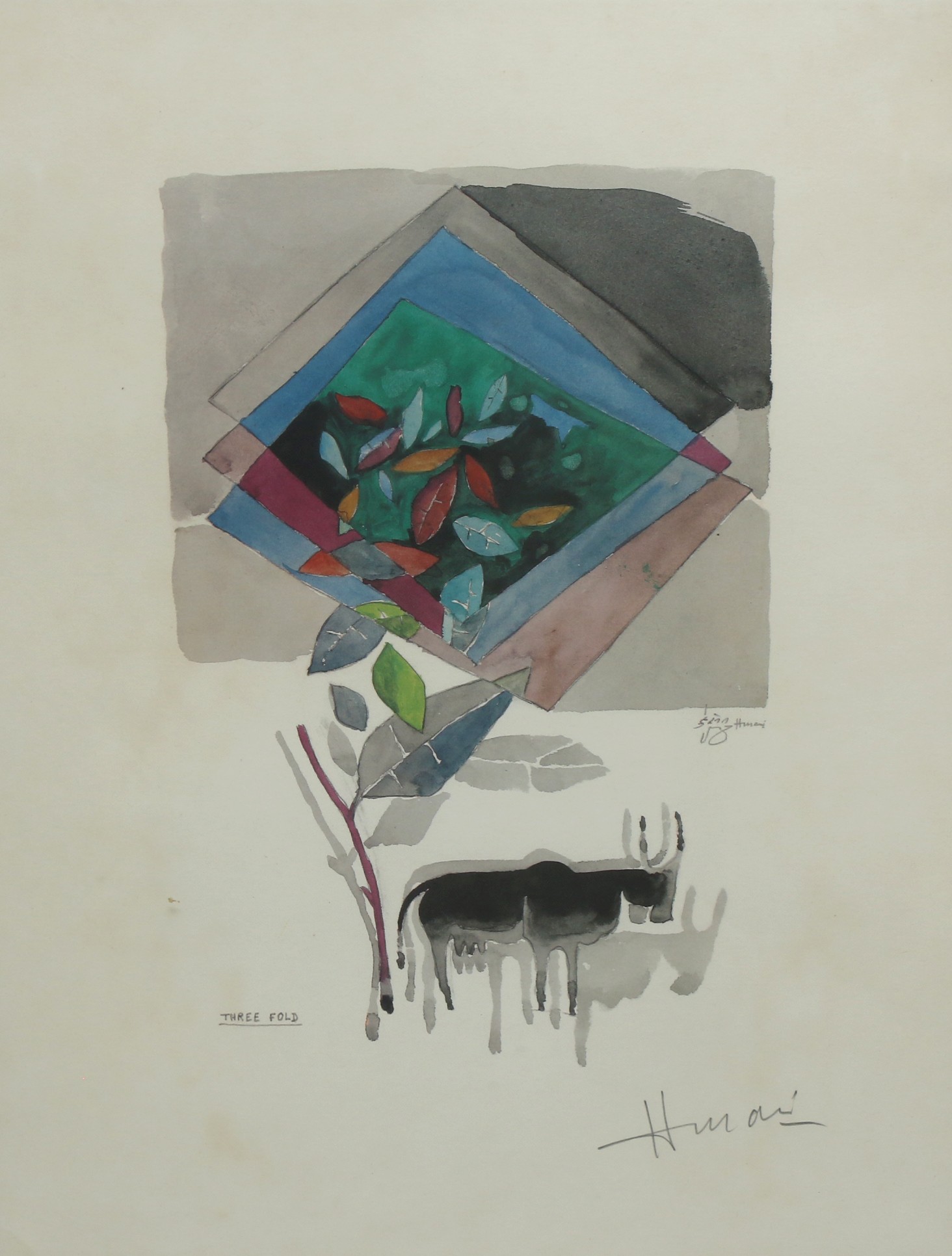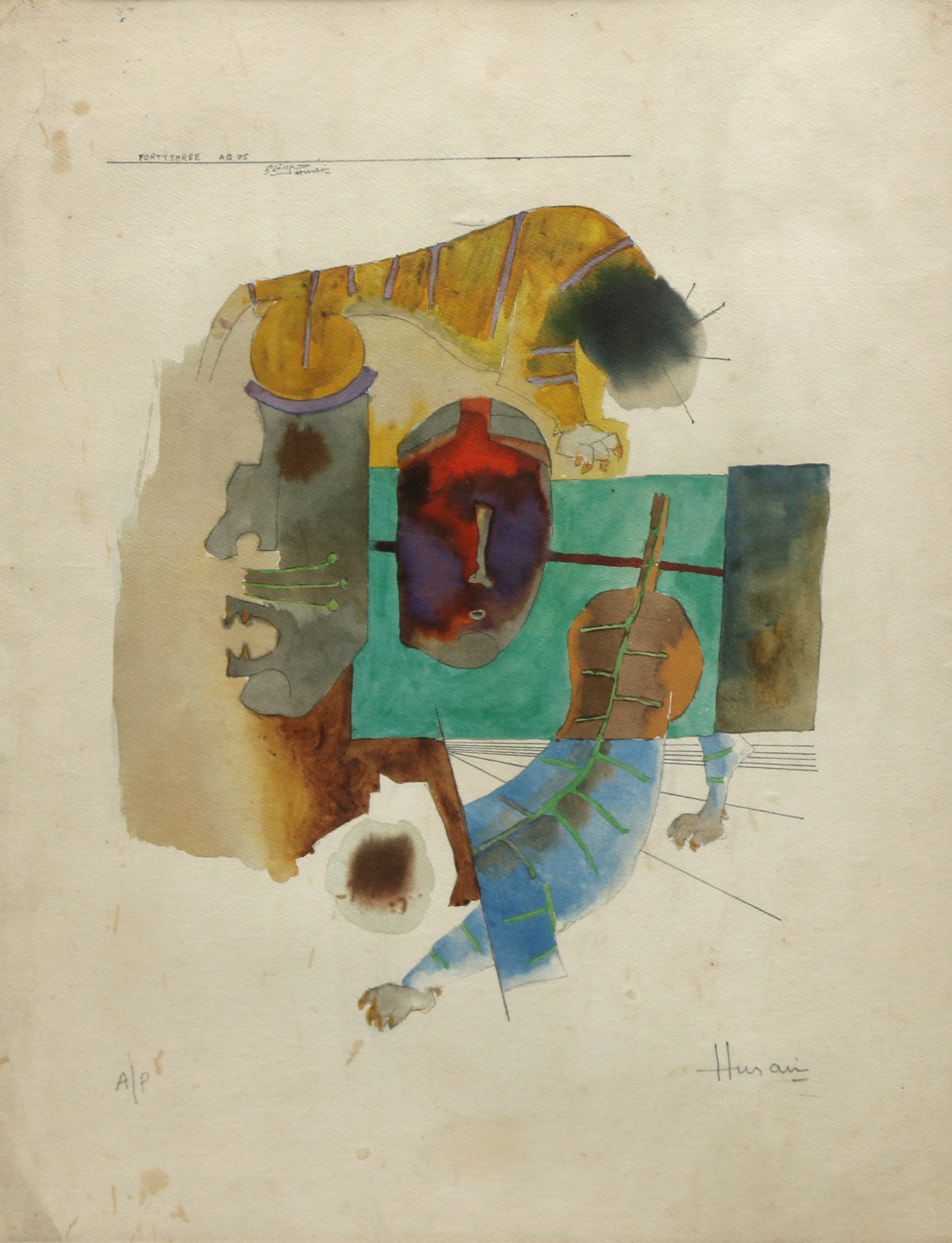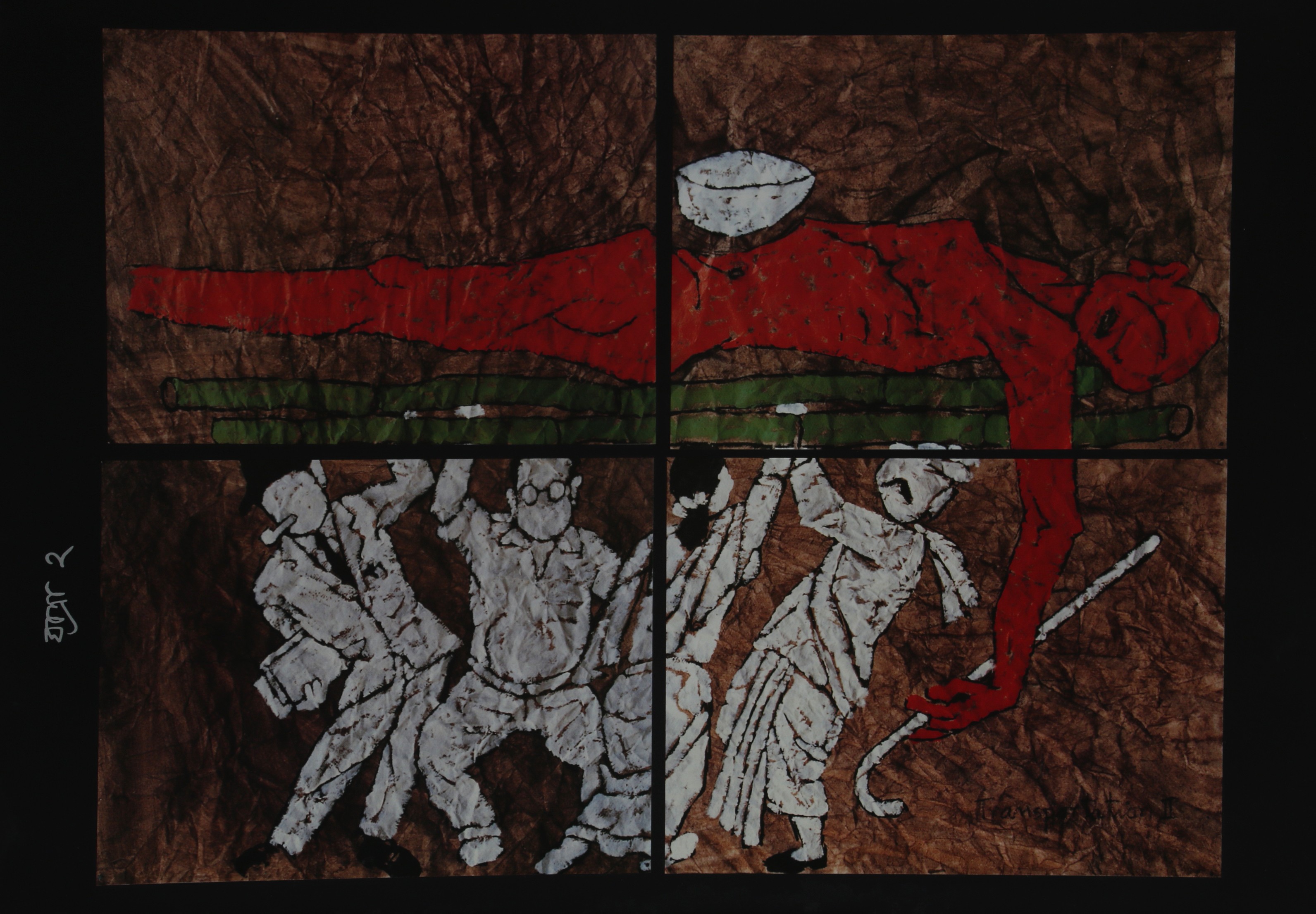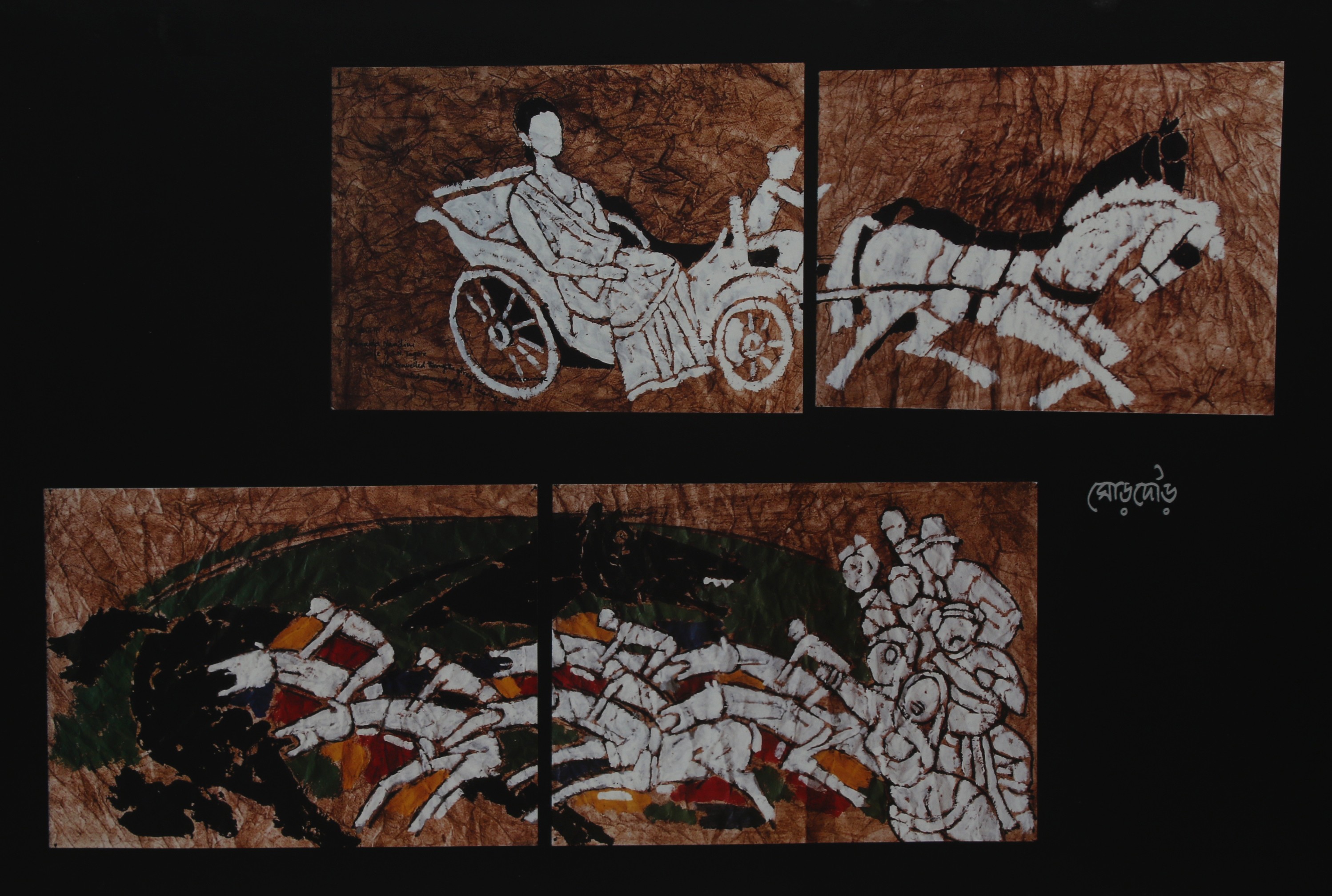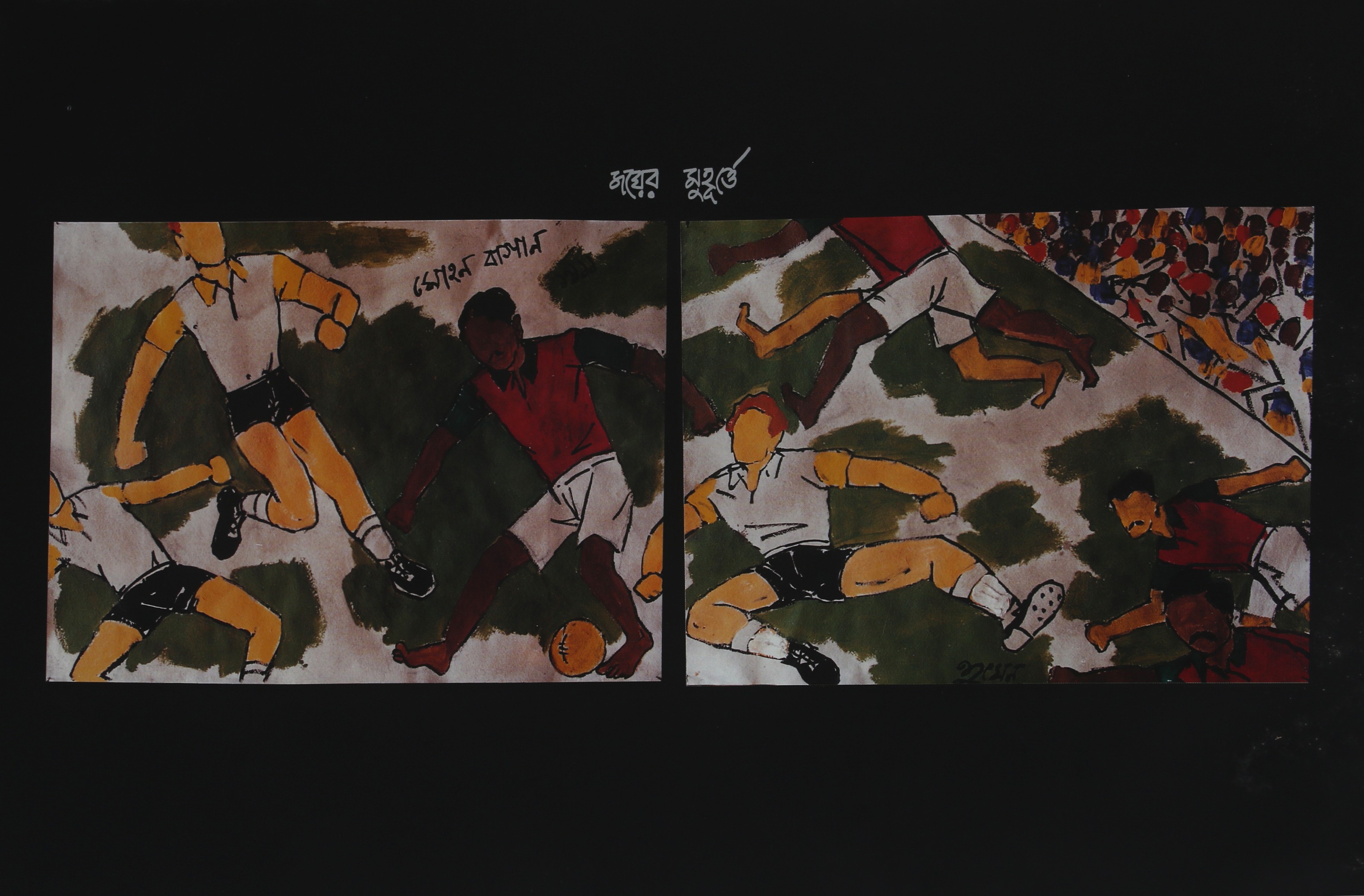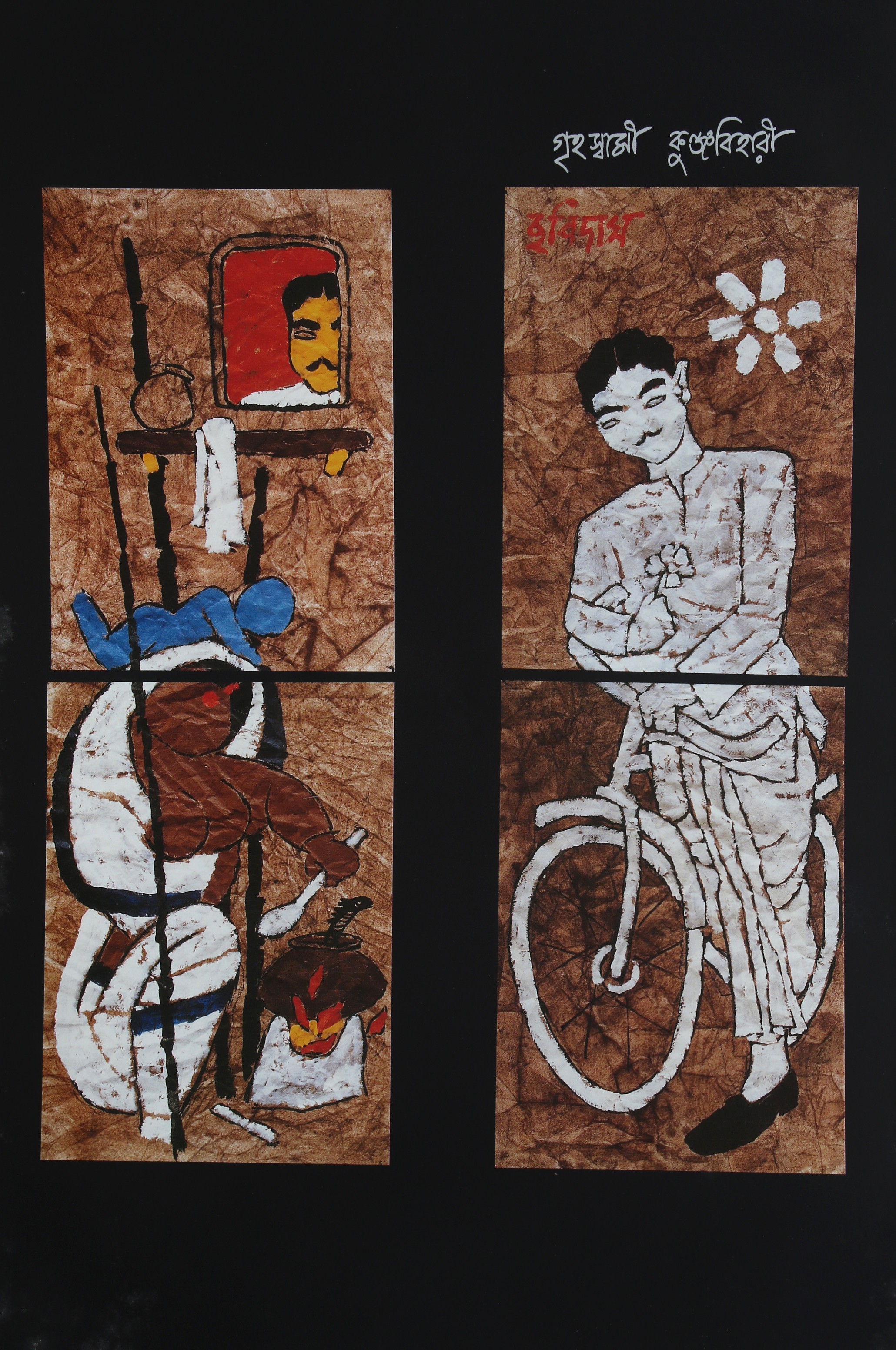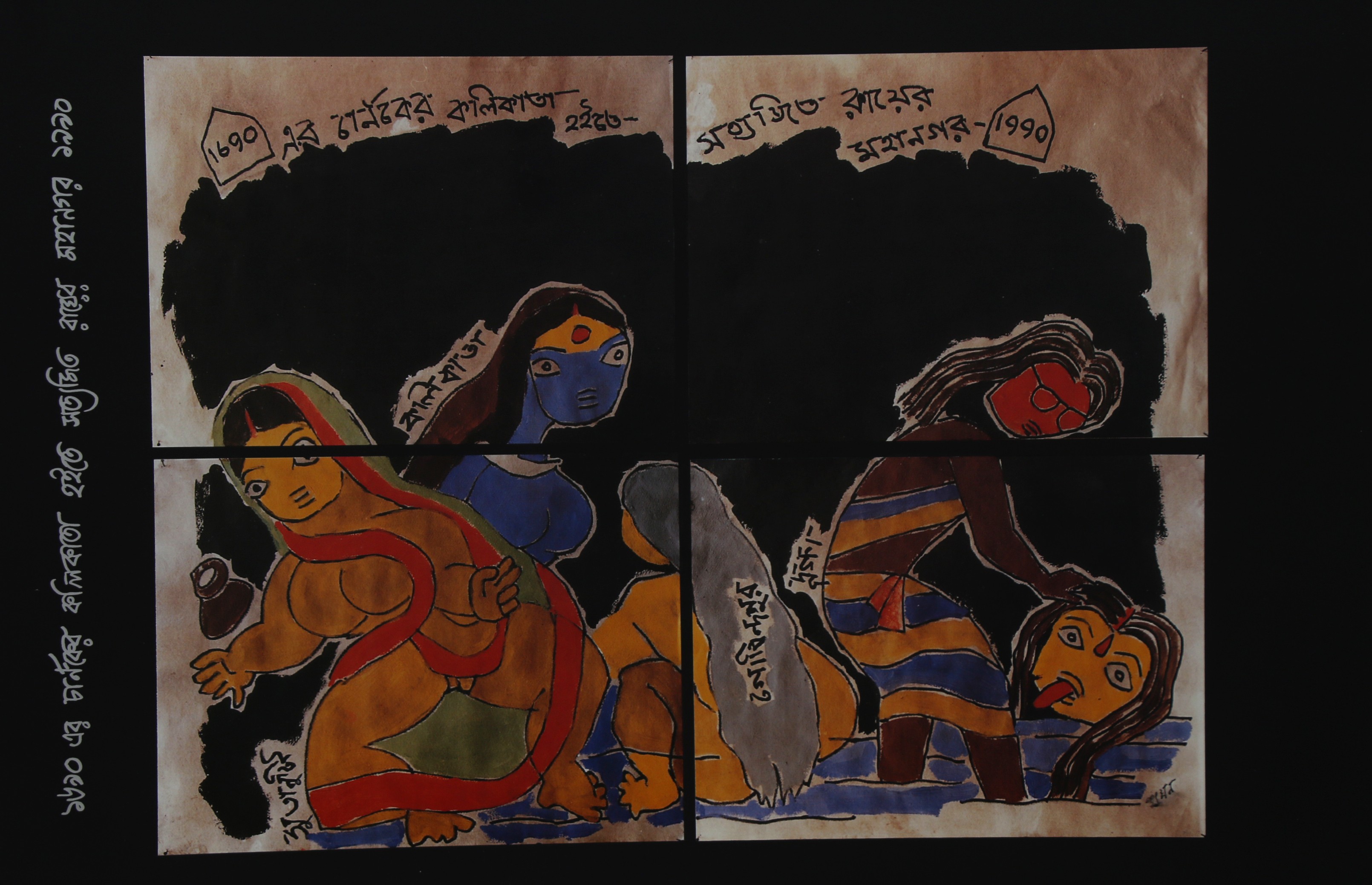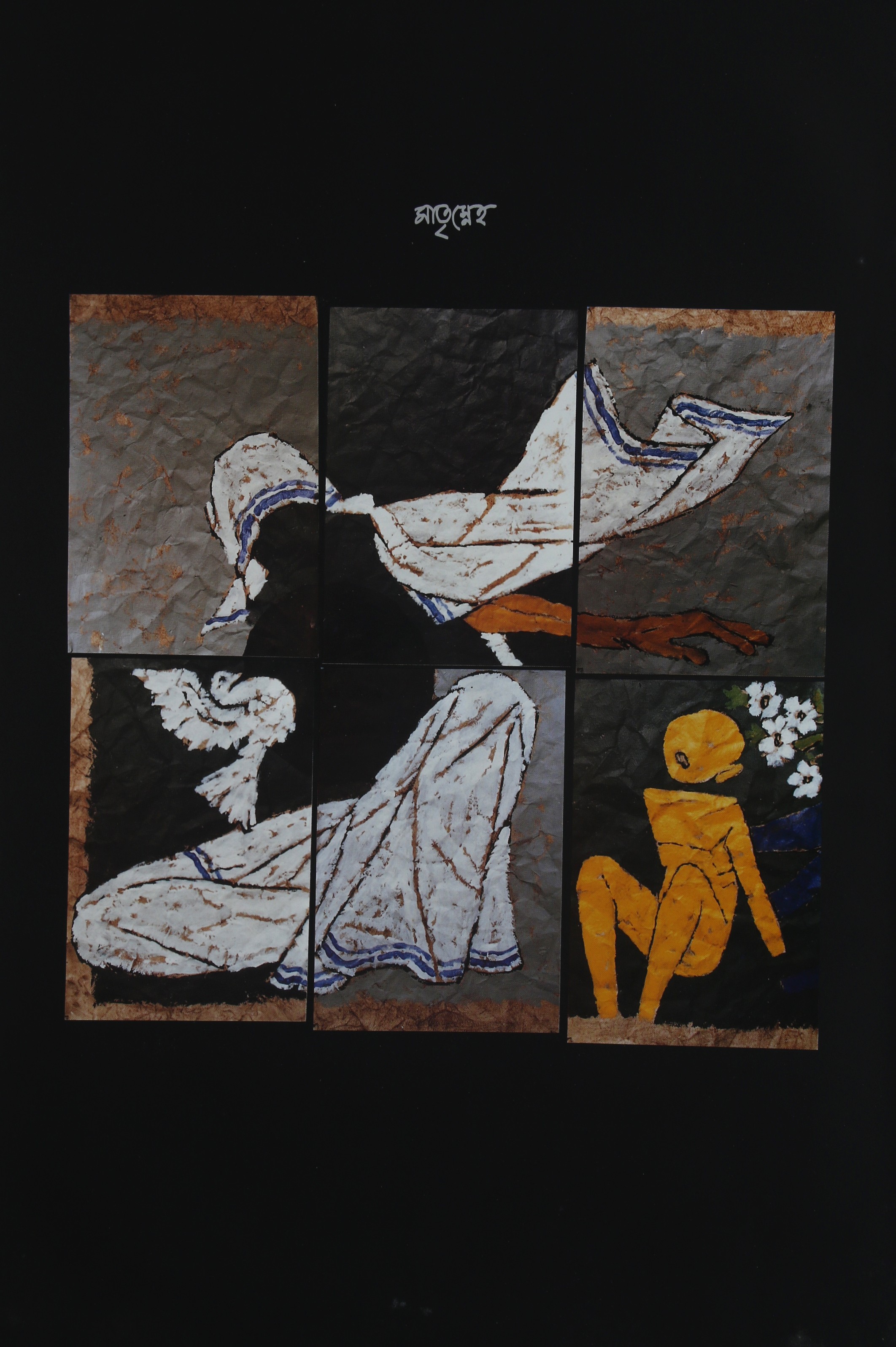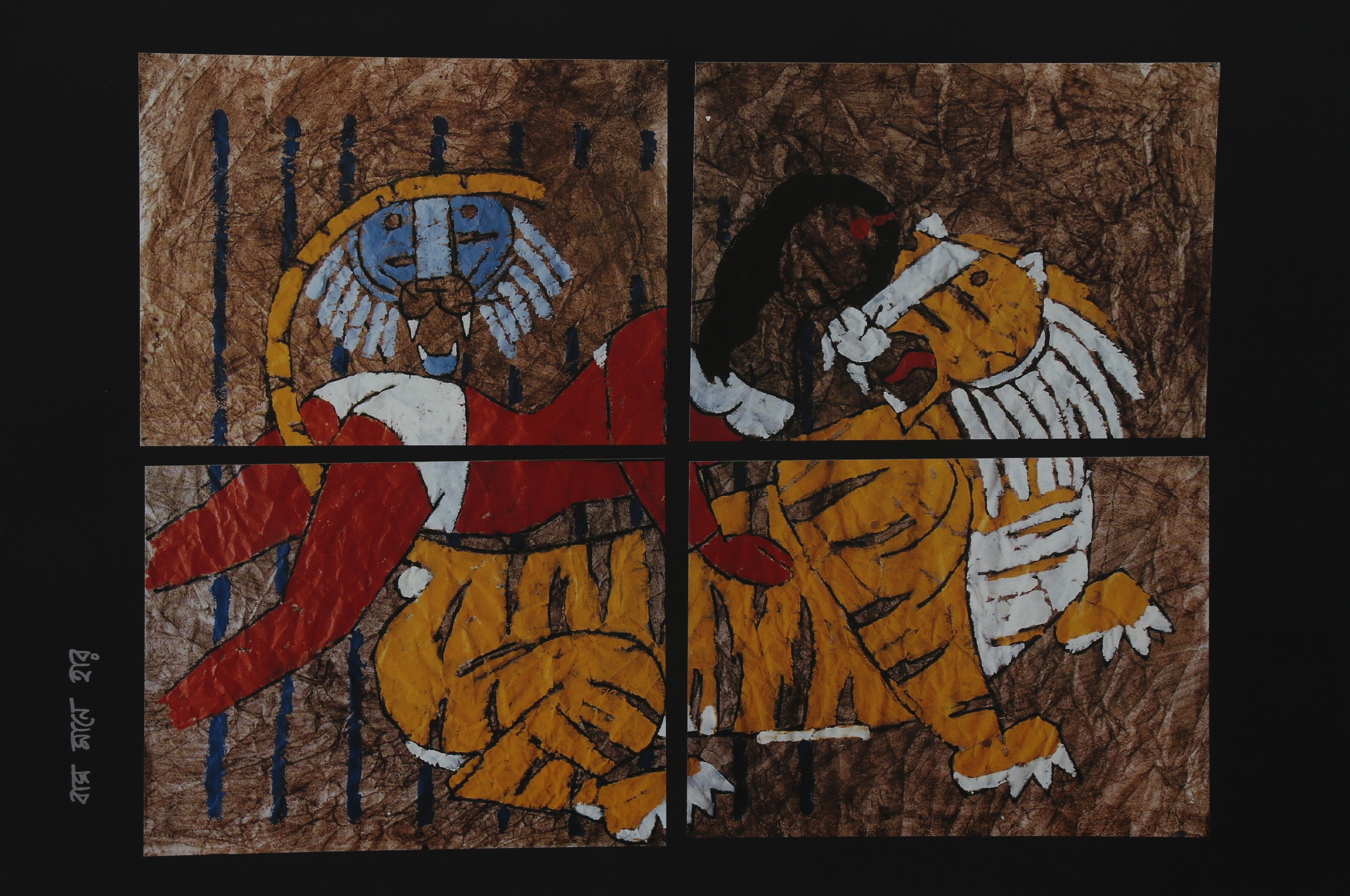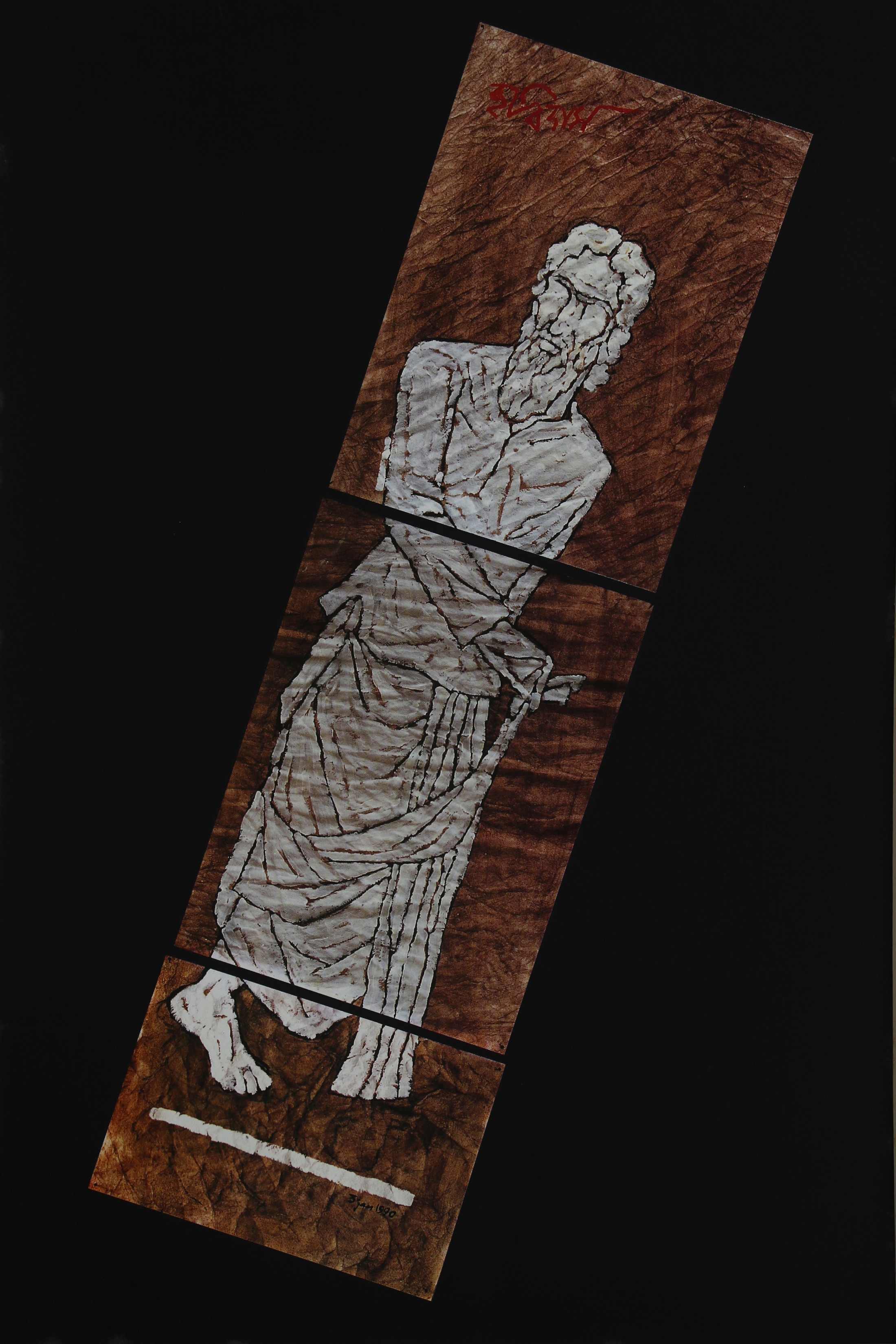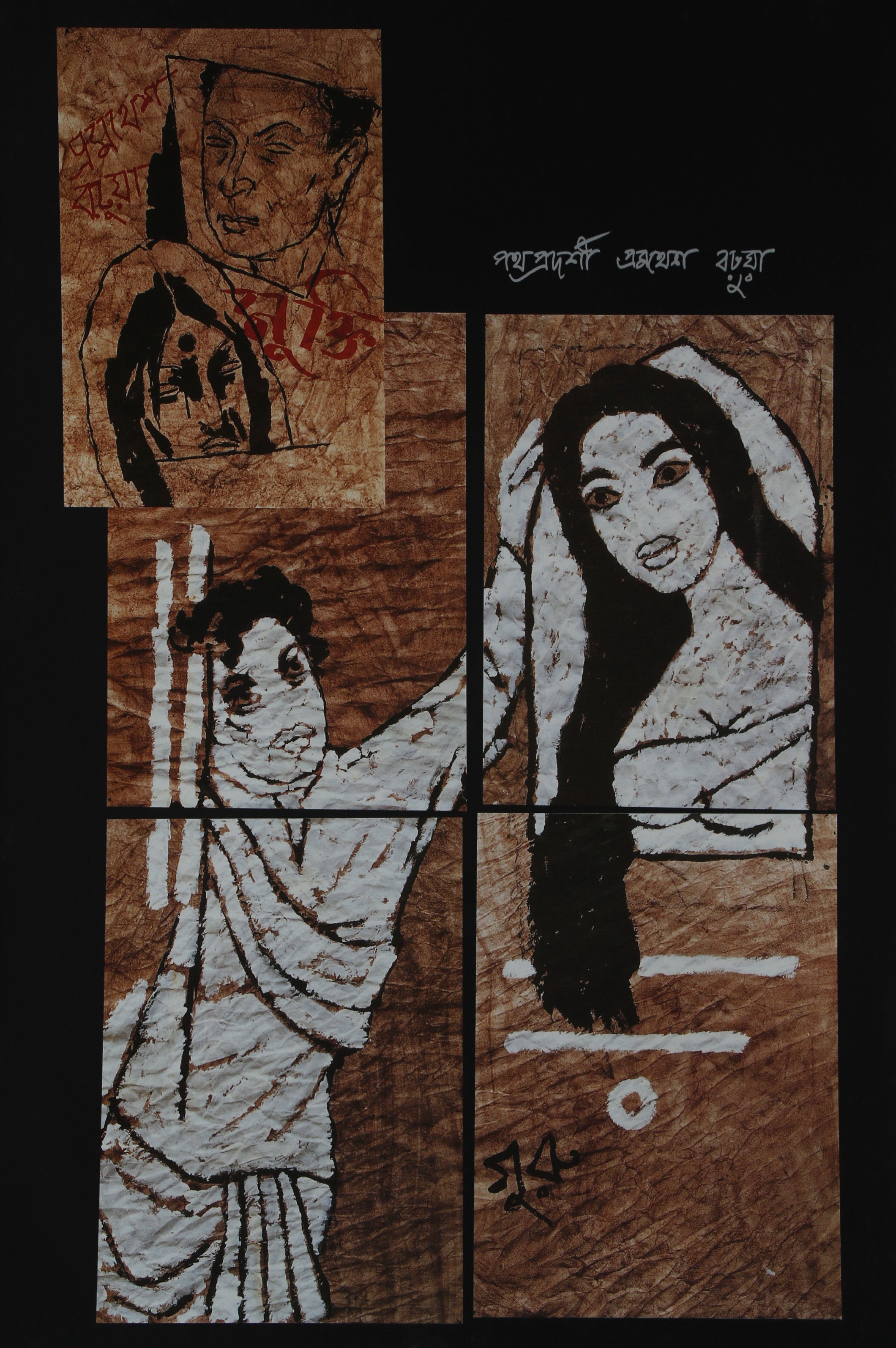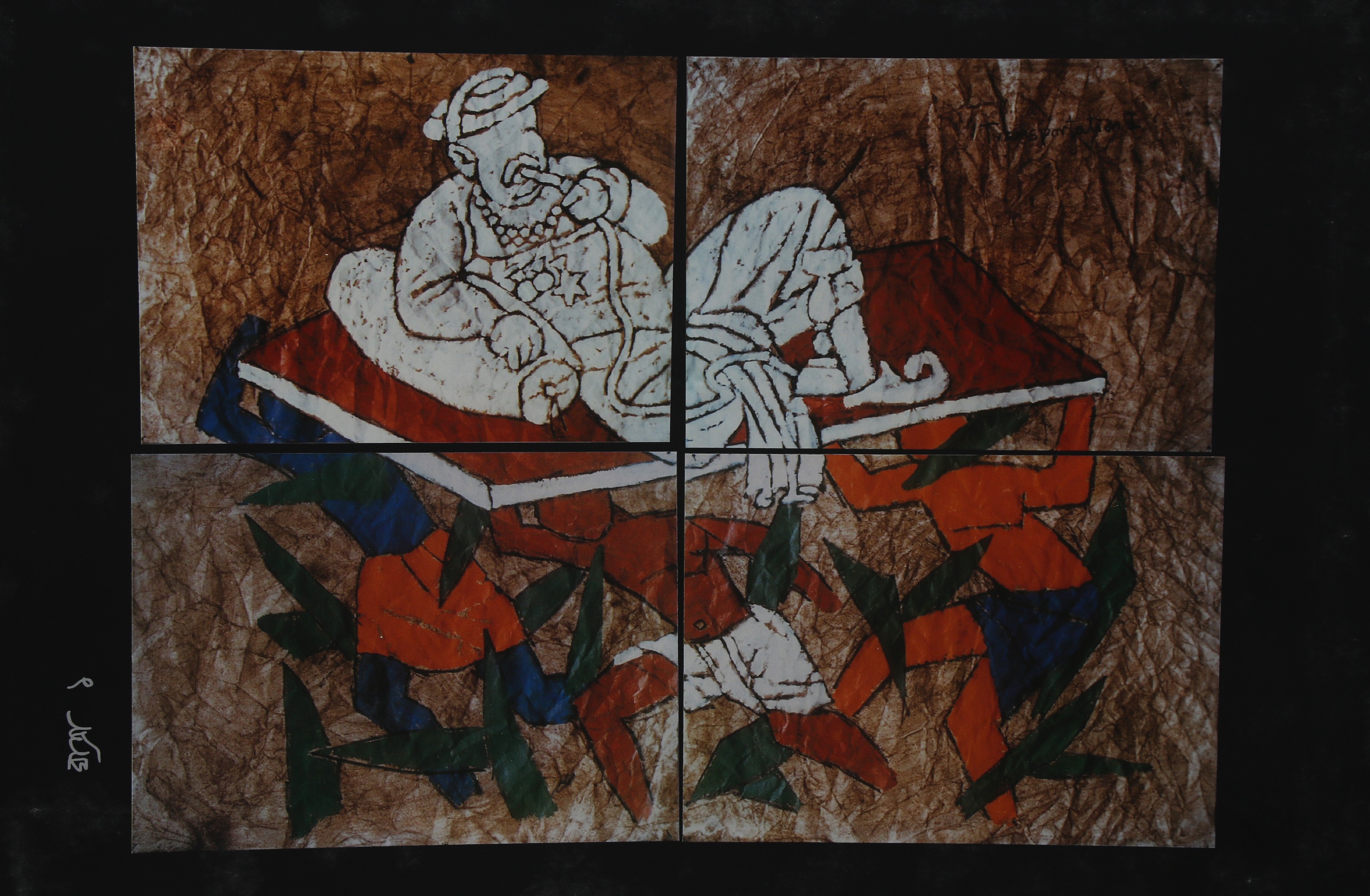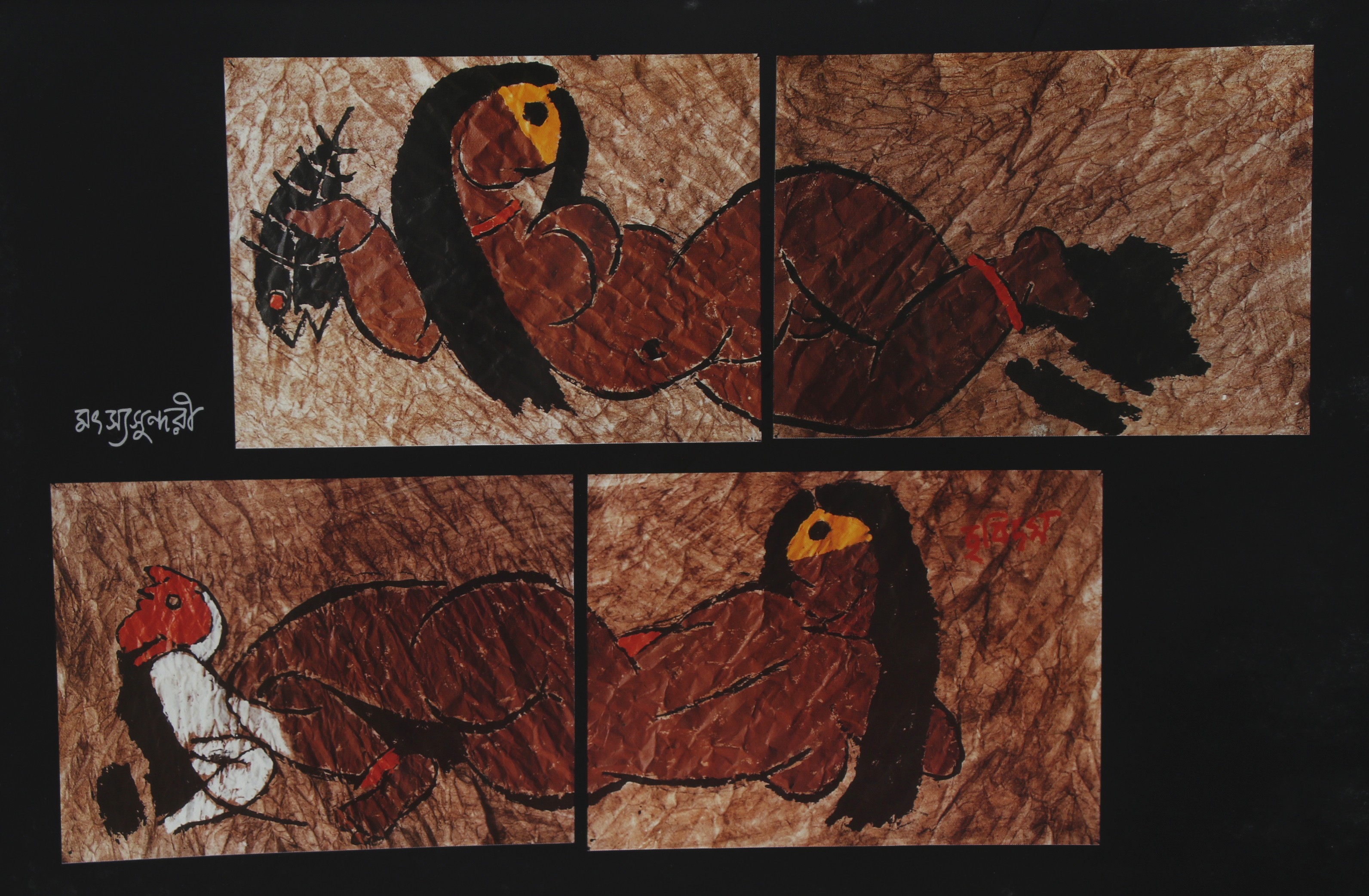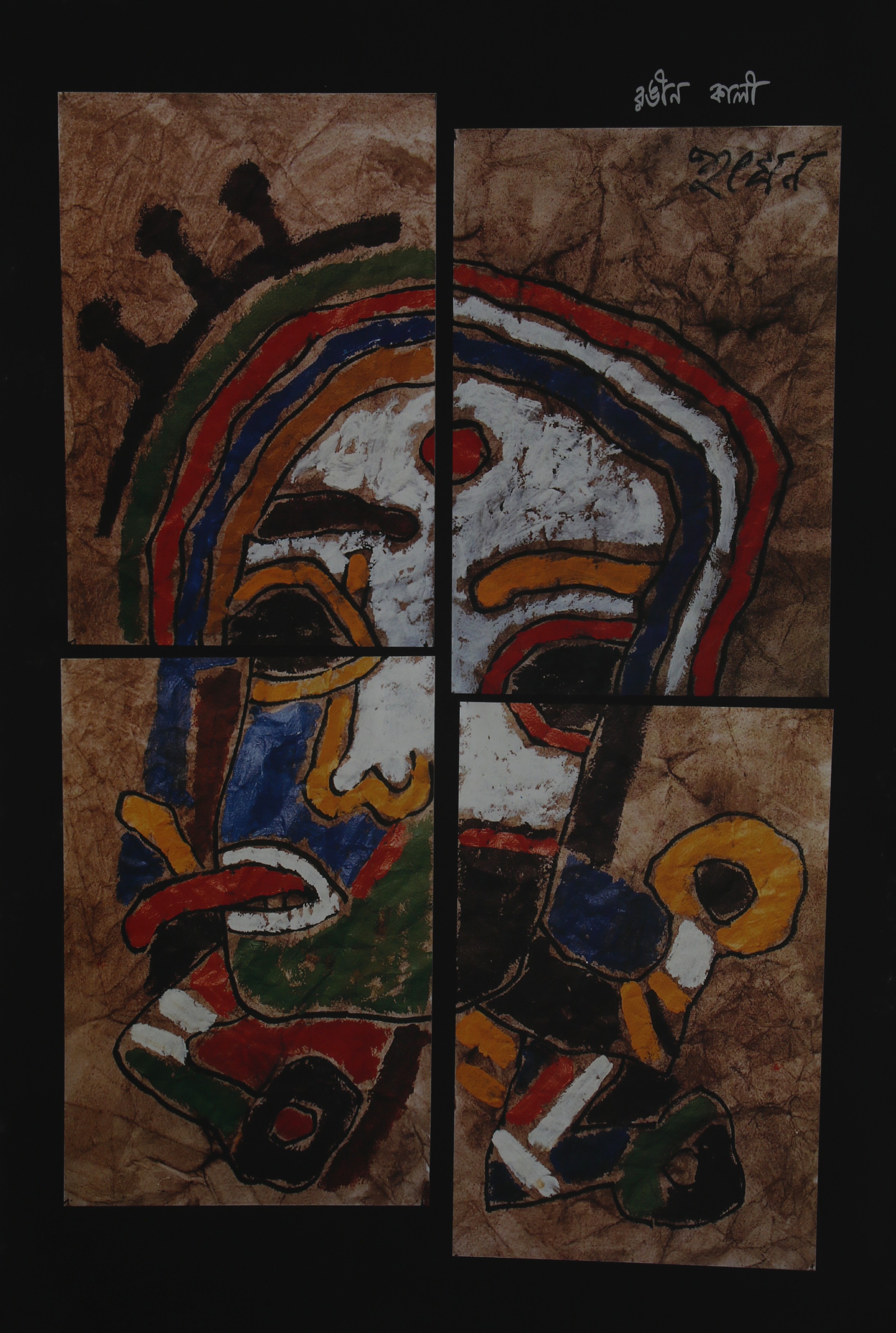

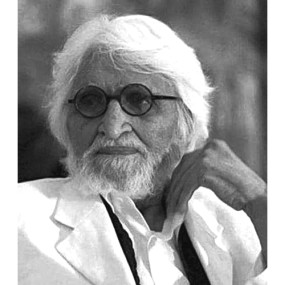
(17 September, 1915 – 9 June, 2011)
Maqbool Fida Husain (M.F. Husain) was born in Pandharpur, Maharashtra, 1915 and was one of India’s most renowned Modern - Contemporary artists. He was a self-taught artist. Although, he attended Sir J. J. School of Arts, Mumbai, but he didn’t complete the schooling. Early in his career, he began painting cinema posters (Bollywood) in Mumbai. To earn for extra income, also worked for a toy company designing and furniture design. He often travelled to Gujrat to paint landscapes. Husain was the member of “Progressive Art Group”, started in 1947. And Husain achieved several honoured with “Padma Shri (1966)”, “Padma Bhushan (1973)” and “Padma Vibhushan (1991)” by Government of India.
Husain explored many subjects or themes, including Indian festivals, Indian heritage, classical dancer, transportations, Gandhi, Mother Teresa, the Ramayana, the Mahabharata, the British raj, and motifs of Indian urban and rural life. However, he was famous and known for his “Horse series”, with bold lines and semi- abstract work style technique throughout his career. Later, he was also in controversial of his Hindu “Goddesses series”, where he depicted Hindu goddesses as a nude. This series caused a lot of debates and controversy because it challenged traditional views and provoked strong reactions from various parts of society.
Husain experimented with various mediums, such as, oils, acrylics, tempera, fresco, ink, gouache, encaustic, or casein, and watercolours. He used black bold line and patchy brushstrokes and thick colours, modifying the Cubist style, include a vibrant and bright colour palette. Husain was also known as “Picasso of India”. He experimented extensively with forms and formats of painting and also other forms of visual art.
Maqbool Fida Husain (M. F. Husain) passed away in London, 2011.
